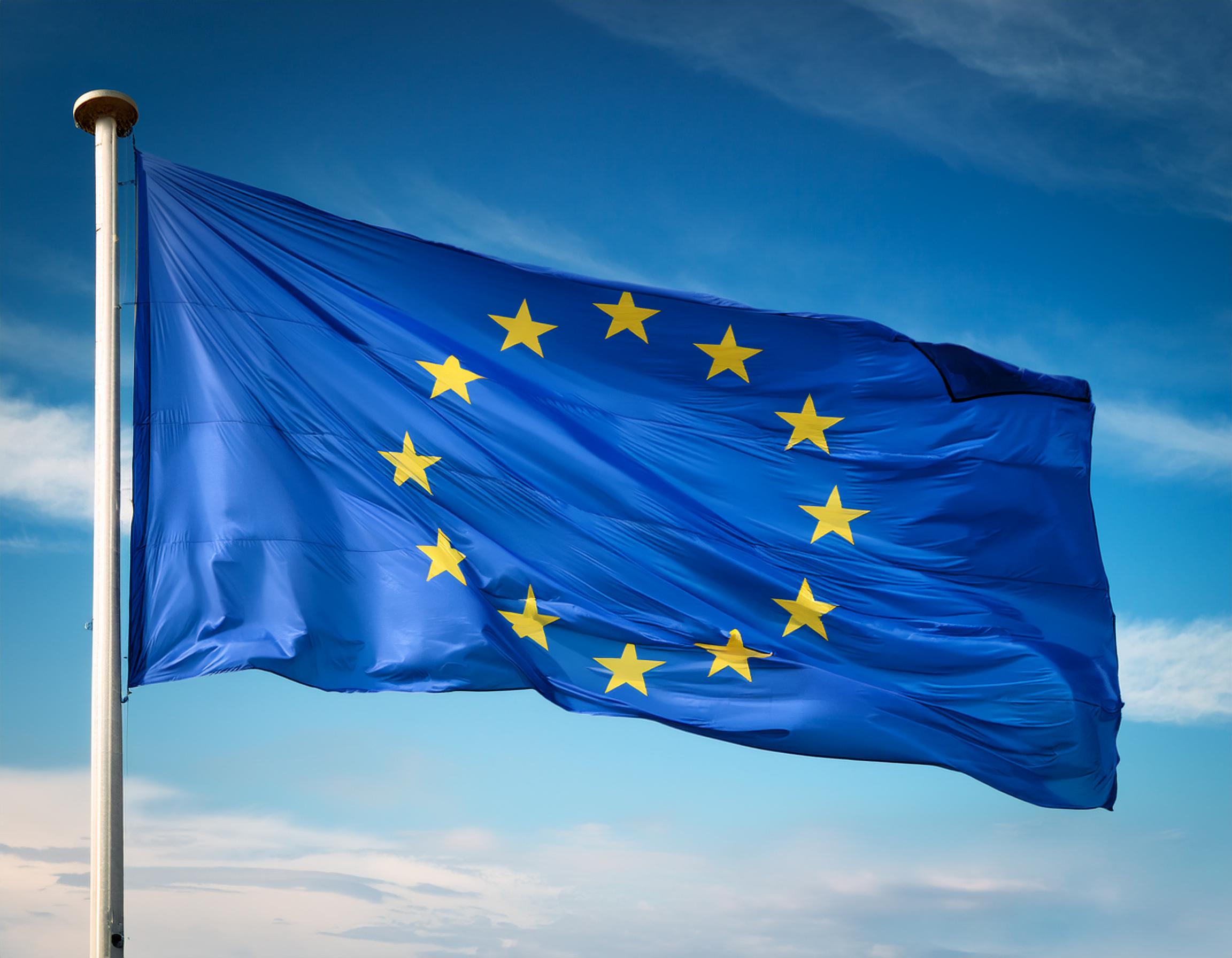
Europe: A Fortress Against the Robot Rebellion
The emergence of artificial intelligence has ignited a worldwide debate over the future of labor. While some picture a gloomy environment of unemployment, others imagine a society of increasing production and creativity. The European Union, a major economic and social policy player, is setting its own way.
Investing in People and Not Just Machines
One of the EU’s key strategies is to spend heavily on human resources. They think that the secret to flourishing in an AI-driven economy is to prepare humans to work alongside, and even dominate, these clever robots.
Lifelong Learning
The EU advocates for continuing education and training initiatives. The Erasmus+ program, for example, allows students and professionals to obtain new skills and experiences around Europe.
Enhance Your Digital Skills
A strong emphasis is on digital literacy and AI-specific abilities. Countries such as Finland and Estonia have included coding into their school curricula, educating a new generation for a technology-driven future.
A Safety Net for Stormy Waters
Recognizing that the shift to an AI-powered economy would not be easy, the EU has expanded its social safety net. This is about ensuring that workers are not left high and dry when automation overwhelms their employment.
- Unemployment Benefits: Strong unemployment insurance offers a financial safety net for people who lose their jobs.
- Retraining Programs: To assist displaced workers in transitioning to new jobs, the EU provides a variety of retraining programs, many of which are supported by the European Social Fund.
- Work-Life Balance: The EU has long advocated for workers’ rights, including work-life balance. This is critical because, if not handled effectively, automation might lead to longer work hours.
Taming the AI Beast: Ethical and Responsible Development
The EU is not simply responding to the AI revolution; it is defining it. The bloc is in the forefront of regulating artificial intelligence, emphasizing ethical development and human control.
- AI Act: The AI Act is a significant piece of legislation that aspires to make AI systems safer, more transparent, and respectful of fundamental rights. It’s a significant step toward ensuring that AI helps mankind, not the other way around.
- Data Privacy: Strong data protection rules, such as the GDPR, are critical for establishing confidence in AI systems. The EU is adopting a global norm for data privacy.
Challenges Ahead
Although Europe is making progress, difficulties remain. The rate of technological development is rapid, making it impossible to forecast future skill requirements. Furthermore, ensuring that the advantages of AI are spread properly is a complicated problem.
Despite these challenges, the EU’s strategy is a viable example for other nations to follow. By investing in people, safeguarding workers, and directing AI research, Europe is positioning itself as a leader in the automation era.





